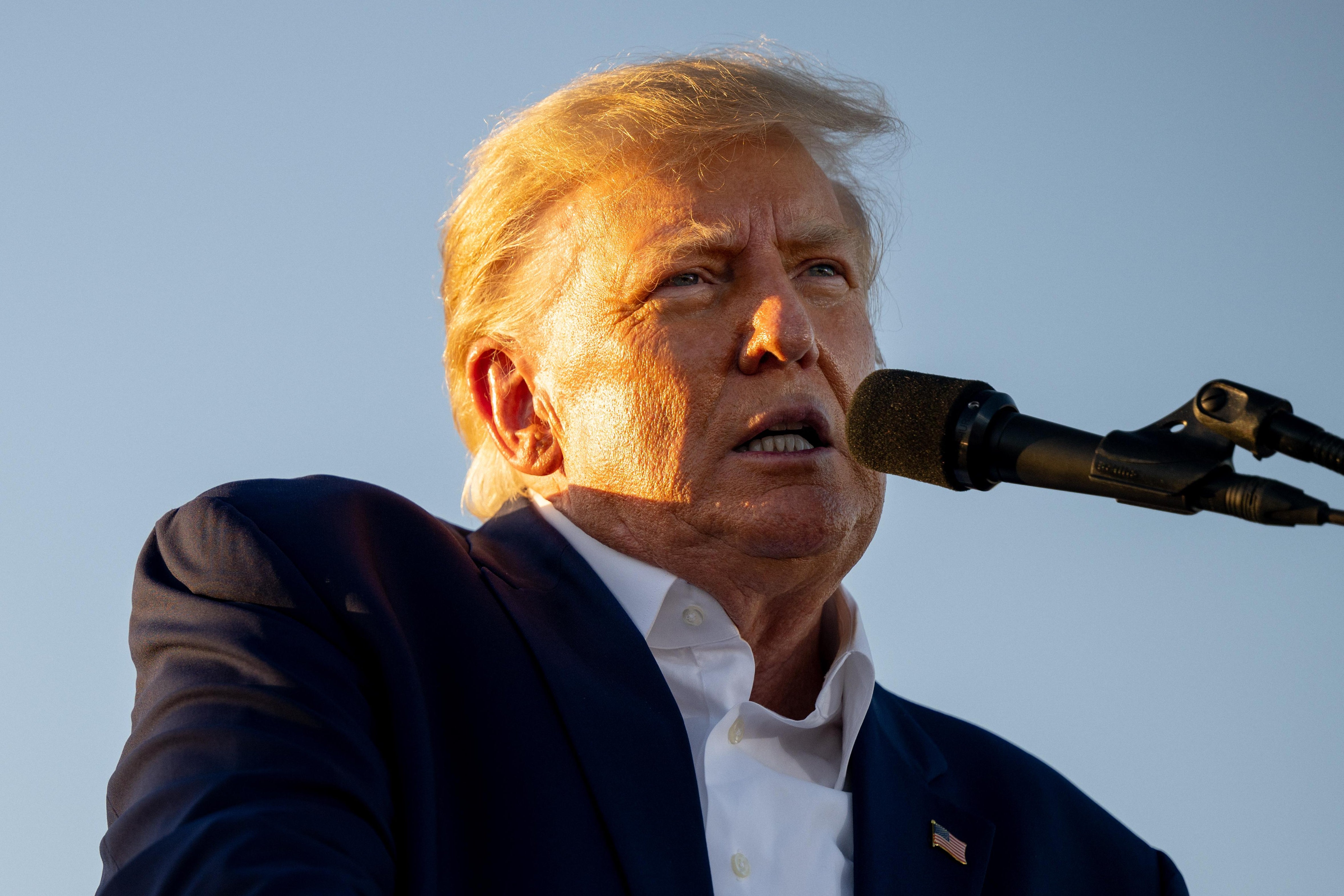I am not one of Donald Trump’s lawyers, and like a close colleague who turned down an invitation to be his attorney, would never take on a client so impossible to control. Yet, blown away by the latest absurd blunder committed by Team Trump, I feel compelled to offer the former president a bit of gratuitous advice.
What has triggered my “generosity” is the ridiculous letter written by Trump attorneys John Rowley and James Trusty to Attorney General Merrick Garland, seeking a meeting with him prior to any charges being filed against their client, to discuss what they consider an “unfair” investigation by special counsel Jack Smith.
It is commonplace for counsel to reach out to prosecutors before an indictment is filed to better understand what the client is facing and to see if there are any mutually acceptable alternatives to indictment. In fact, in my book The Vanishing Trial I describe part of such a meeting I had, as a federal prosecutor, with legendary courtroom lawyer Milton Gould on the eve of the prosecution of a bank he represented.
So, what is there to criticize Trump’s team for? Plenty.
Let’s begin with the addressee, Attorney General Merrick Garland. The letter should not have been written to him, but to Jack Smith, the public official in charge of the investigations, and the one who will be making the charging decisions. Unless Garland finds Smith’s prosecutorial recommendations substantially without merit, Smith’s recommendations will stand. So, the request to meet will inevitably be denied as it was sent to the wrong person. But worse, the correct addressee, Jack Smith, will surely not be pleased by the blatant attempt to exclude him from the process by going over his head to his boss.
Worse still, the letter to Garland makes totally unnecessary, absurd, and insulting accusations about the investigations of the former president, calling them “baseless,” “outrageous,” and “unlawful.” It is hard to imagine an approach so well calculated to cause the reader to reject what is being requested. Once again, Team Trump has sacrificed intelligent, practical lawyering at the altar of media coverage. And granted, the letter has received that. But it hasn’t exactly helped their client. The end result is that, as usual, Trump and his team have made a bad situation even harder on themselves.
While it may be understandable that a thin-skinned egomaniac with his liberty on the line might be unable to control himself, how do his lawyers embrace such lunacy? Is it fear of losing the client, complete ineptitude, or some combination of both? Is there no attorney out there capable of getting Trump to act in his own self-interest? In the 1980s and 1990s I worked closely on several criminal cases and one major trial with the late Jay Goldberg, then Trump’s main attorney. In a 1991 survey of New York City lawyers and judges, Goldberg was deemed “the best pure trial lawyer in town.” Jay would never have put up with today’s Donald Trump.
As neither Rowley, Trusty, nor anyone else seems to have been able to effectively provide Trump with proper guidance moving forward, I will take it upon myself to offer the former president a reality-based assessment and some free advice.
Sir, you are the principal target of at least three grand jury investigations, two of which are known to be near or at the indictment stage. Many people close to you, including some of your lawyers, have been either forced or have volunteered to testify against you. Coupled with the self-defeating statements you have already made that will be used against you (as in the E. Jean Carroll case that you just lost) and your astounding inability to be an effective witness on your own behalf, the cases will all be especially strong.
The federal government wins 90 percent of the criminal cases it tries, including cases much weaker than those being finalized against you. Because in the federal system, losing at trial means very high jail terms, 98 percent of all federally indicted defendants make plea deals and avoid trial. (For more on these numbers, I again invite you to read The Vanishing Trial.)
As difficult as it is to beat federal prosecutors once, beating them multiple times is nearly impossible. On top of all that, you are already facing state criminal charges in New York, and some time over the summer, it is expected you will be indicted on racketeering charges in Georgia. In sum, you have got to go 5-for-5, and thus far, on the legal diamond, you have proved yourself neither an Aaron Judge nor a Mike Trout.
That said, given the uniqueness of your present political position and prior presidential status, there are any number of potential steps to take that can surely be used to lessen the blow and help you ultimately survive. You can still avoid the worst consequences that lay ahead. Perhaps you have not yet given thought to what state-operated jails in Georgia must be like, but I assure you they will be less comfortable than Mar-a-Lago. In short, despite your suicidal instincts and precarious legal position, there is still time to help shape the situation to mitigate (though not eliminate) the ultimate consequences that will fall upon you.
Needlessly insulting those whose hands are tightening around your neck does not help. By continually shooting yourself in the foot, you have been left both immobile and terminally bleeding. A change of course is necessary.
This advice is offered free of charge, as part of my lawyer’s annual pro bono obligations
